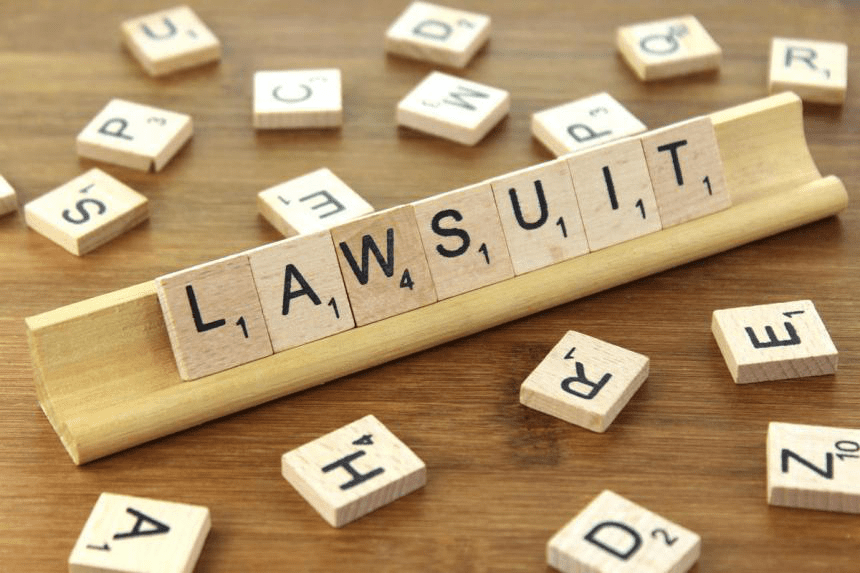Quick Navigation
Starting a business is exciting. You might have a unique idea, or you might be putting your hobby or your employment experience to work. Whatever your business model and orientation are, you are almost always consumed by it in the beginning. You are focused on the growth, reaching out to your customers, carving out a place for yourself in the market, and building your business’s reputation.
In all of this, one thing that doesn’t get prioritized is business protection. Many people think that they will only have to think about protecting their business once they have grown it to specific proportions. It opens them to dangers in their business’s early stages of development. And some risks might be too much for nascent companies to handle. It’s best to learn how to protect your business early on.
In this article, we will try and answer some of the most common questions that people have about protecting their businesses. Since all businesses operate differently, our answers might not be universal fits, but you will have a general idea about how to protect your business.
How Can I Secure My Business?

It depends mostly on what your business is. If you are a one-person enterprise without any physical property to your business’s name, you will need to secure your business from intellectual theft, replication of ideas, hacking, and lawsuits. Since many such businesses operate as a sole proprietorship, thus exposing themselves and their assets to business liabilities.
If you are a small business, you may think you have no problem keeping an eye on your limited staff. But your business might still be susceptible to leakage of confidential information, theft at workplace, property destruction, and employ injury liabilities.
Large businesses have many of these problems and more. Even a wrong comment on social media or an unwise post poses the danger of ruining your business’s reputation.
So before start looking for an answer to how to protect your business, you should have a clear idea about your business entity (Whether you are actually a business or a freelancer), the scope of your business’s ability, its reach, and the potential dangers it can face.
A niche café on a busy street might not need much intellectual property protection since it’s an open business. Still, it will need security cameras to deter and protect against break-ins. While your home office might not need an elaborate alarm system, but you might need much stronger cybersecurity than a café’s computers.
How Do I Protect My Small Business from a Lawsuit?

The stats aren’t clear about whether more small businesses get slapped with more lawsuits than huge companies. But what is clear is that many small businesses don’t have the mass to survive lawsuits like a large corporation does. So you must know how to protect your business against a lawsuit.
- Make comprehensive and legally binding contracts. Whether you are doing a job for a client or hiring an employee, a well-drafted contract can help you from a wide variety of lawsuits in the future.
- Choose wisely. Whether it’s your clients, your associates, or your employees, working with a dubious character or even another shoddy business entity opens you up to potential lawsuits. Regardless of whether or not your company did anything unethical.
- Mind your words. Whether you say, post, or tweet them, the wrongs words can be really harmful for your business’s reputation and can invite costly lawsuits.
- Avoid intellectual property infringements. They can be very costly, and it’s deceptively easy to violate someone else’s IP rights without even meaning too.
- Get insured and incorporated. Whether you become a corporation or an LLC, your personal assets will be sheltered in case your business gets slammed.
How Do Businesses Protect Intellectual Property?

Depending upon what they need to protect, businesses usually employ one of four types of Intellectual property protections.
- Patents – Excluding others from replicating their design or product.
- Trademarks – A unique name, symbol, or term associated with the business.
- Trade secrets – You can’t legally protect practices, businesses, or policies that give your business an edge, but you can protect them from leaking away to your competitors by taking certain measures.
- Copyrights – You can own exclusive copyrights to any media that your business owns or produces. It’s especially important in today’s technology-heavy business environment.
How you protect your business’s intellectual property greatly depends upon what you are protecting and who you are protecting it from. If it’s your client’s data and digital files, you can take cybersecurity measures to protect that. For prevention against the business practice and insider information leakage, you can use binding contracts and ensure good communication practices in your employees.
If you have a brilliant new idea, you can protect by simply acting and building upon it without openly sharing it with everyone within earshot. Even if you need to secure an investment for implementation of your idea, you can prevent its dilution by sharing only part of it with the potential investors or only sharing it with a select few people.
How Do I Protect My Physical Property and Assets?

If your small business has physical assets that you need to protect, you can usually go about it the same way you protect your home. First, get insurance. Even if insurance can help protect your business against natural calamities and accidents, it does help you recover and rebuilt, at least financially. Secondly, install security cameras and a good alarm system.
Security cameras are good at preventing crime. Many vandals or miscreants won’t even attempt to break in your business place or destroy your property if they spot your security cameras. They can also help you keep an eye on your staff. Incidents and accidents caught on camera provide excellent protection against lawsuits, usually by providing ironclad evidence.
Employs are your most precious assets, and you should be as keen on their protection as you are about your property. Well-built facilities employ insurance, additional security, and good working policies that can help you protect your human assets.
What Are the Four Methods of Securing Business for Your Company?
If we break down what you need to protect in your business and what you need to protect against, we will get:
1. Assets
You can protect your assets by employing conventional security, using security cameras, and ensuring safe working habits. You can also make sure the premises are equipped with proper security tools, and that all employees are educated about workplace practices that will prevent physical or psychological injuries.
2. Intellectual Property and Data
You can legally protect your intellectual property by getting it copyrighted or patented and setting up binding contracts. You can also prevent it from reaching your competitors by preventing any information leaks within your business and keeping new ideas within a protected circle. Data should always be backed up, preferably on a secondary location or a cloud, so that it doesn’t get lost even in a disaster. Good cybersecurity can prevent any hacking.
3. Legal Protection
Consult a business attorney on how you can structure your business in a way that will ensure maximum protection against lawsuits and claims. Proper business insurance will take care of most claims without them reaching up to your business. Maintaining a strict code of ethics and avoiding any grey areas should keep your business relatively safe.
4. Reputation
Protecting the reputation of your business is paramount because trust is one of the life-fuels of a good company. If you don’t have a trustworthy reputation, you might never secure a reliable place in your market. A bad reputation has the potential to sink even the most stable of businesses, especially in the current era of communication.
Final Words
Through this guide, you might have gotten the gist of how to protect your business. These tips and ideas are about the general market. How you protect your specific business might be very different. But whatever your methods are, taking steps to protect your business should take priority over growing your business.

